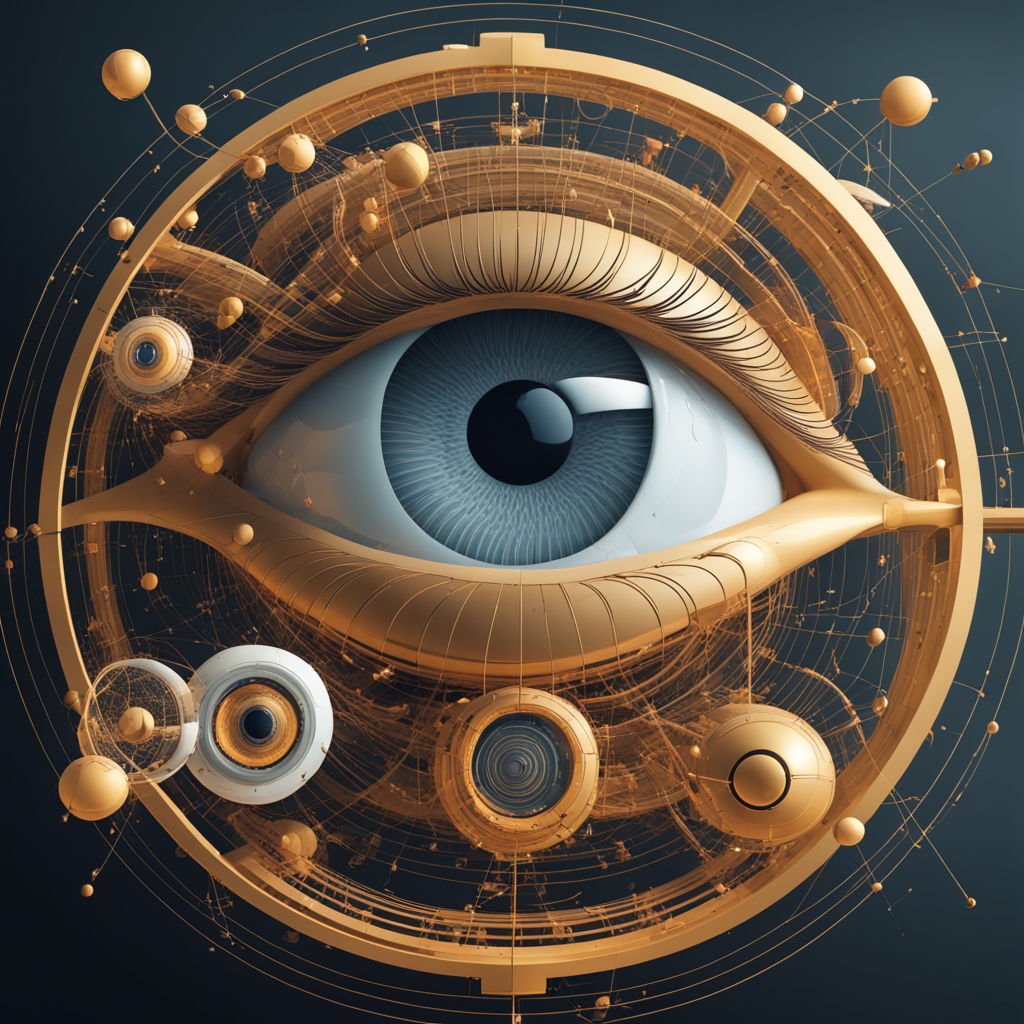Introduction
Artificial intelligence (AI) is revolutionizing the way we live, work, and interact with the world around us. From virtual assistants and recommendation algorithms to autonomous vehicles and medical diagnostics, AI technology is becoming increasingly prevalent in modern society. As AI continues to evolve and advance, its transformative potential in various aspects of daily life becomes more apparent.
Transformative Potential of AI:
In recent years, AI has made significant strides in enhancing efficiency, improving decision-making, and solving complex problems across multiple domains. In healthcare, AI-powered diagnostic tools can analyze medical images and patient data with unprecedented accuracy, leading to earlier disease detection and personalized treatment plans. Similarly, in finance, AI algorithms are used for fraud detection, risk assessment, and portfolio optimization, enabling more informed and profitable investment strategies.
AI technology also has profound implications for transportation, with the development of autonomous vehicles and smart traffic management systems promising safer and more efficient mobility solutions. In entertainment, AI-driven content recommendation algorithms personalize user experiences, delivering tailored recommendations for movies, music, and news based on individual preferences and behaviors.

AI in Healthcare
AI-powered diagnostic tools and predictive analytics are revolutionizing healthcare by enabling more accurate disease detection, personalized treatment planning, and improved patient outcomes. Through advanced medical imaging analysis, AI algorithms detect abnormalities earlier and more accurately than traditional methods. These algorithms also analyze patient data to tailor treatments, predict patient responses, and identify at-risk individuals, ultimately improving healthcare delivery and patient care.
Artificial Intelligence (AI) is transforming healthcare by enhancing diagnostics, personalizing treatments, and predicting diseases.
AI-Powered Diagnostics:
- Medical Imaging: AI analyzes X-rays, MRIs, and CT scans with high precision, detecting early signs of conditions like cancer, which may be missed by human radiologists.
Personalized Medicine:
- Tailored Treatments: AI uses genetic and medical data to create customized treatment plans, optimizing drug dosages and reducing side effects.
Disease Detection:
- Predictive Analytics: AI examines electronic health records to identify patients at risk for diseases such as diabetes and heart disease, enabling early interventions.

AI in Finance
Artificial Intelligence (AI) is revolutionizing finance by enhancing security, optimizing investments, and improving customer service.
Fraud Detection:
- Real-Time Protection: AI detects and prevents fraudulent activities by analyzing transaction patterns.
Investment Management:
- Smart Strategies: AI tools predict market trends and optimize investment portfolios for better returns.
Customer Service:
- AI Chatbots: Virtual assistants handle inquiries, transactions, and financial advice, improving efficiency and satisfaction.
- Personalized Planning: AI offers tailored financial advice based on individual data.
Industry Impact:
- Efficiency: AI automates tasks, reduces costs, and speeds up processes.
- Accuracy and Insights: AI provides precise financial models and deeper market insights.

AI in Entertainment
Artificial Intelligence (AI) is transforming entertainment by enhancing content creation, personalization, and user experience.
Content Creation:
- AI-Generated Media: AI creates music, art, and scripts, pushing creative boundaries.
Personalization:
- Recommendations: AI suggests movies, shows, and music based on user preferences.
User Experience:
- Virtual Assistants: AI assistants like Alexa and Siri offer personalized suggestions and hands-free control.
Impact:
- Innovation: New forms of creative expression.
- Efficiency: Streamlined production processes.
- Engagement: Increased user engagement and satisfaction.
In summary, AI is revolutionizing entertainment by innovating content creation, personalizing experiences, and enhancing interactivity.
Bias: AI algorithms can perpetuate and amplify existing biases present in the data they are trained on, leading to unfair or discriminatory outcomes.
Privacy Concerns: AI systems often require access to large amounts of personal data, raising concerns about data privacy, security breaches, and surveillance.
Job Displacement: Automation driven by AI technology has the potential to disrupt industries and lead to job displacement, particularly for low-skilled workers.
Strategies for Addressing Ethical Challenges
Data Bias Mitigation: Implement measures to identify and mitigate biases in AI algorithms, such as diverse and representative training data and algorithm transparency.
Privacy Protection: Adopt robust data protection measures, including data anonymization, encryption, and user consent mechanisms, to safeguard individual privacy rights.
Reskilling and Education: Invest in workforce development programs and education initiatives to prepare individuals for the changing job landscape and empower them with relevant skills for the AI-driven economy.

Future Trajectory of AI Technology
Societal Impact: AI technology will continue to shape society in profound ways, influencing everything from healthcare and education to transportation and entertainment.
Economic Shifts: The widespread adoption of AI has the potential to create new industries and job opportunities while also disrupting traditional employment sectors and contributing to income inequality.
Cultural Evolution: AI-driven innovations will impact cultural norms, behaviors, and interactions, shaping how we communicate, consume media, and perceive the world around us.
Conclusion
As AI technology continues to advance, it is essential to address the ethical dilemmas and societal implications it presents. By implementing strategies for bias mitigation, privacy protection, and workforce development, we can ensure responsible AI development and deployment. Looking ahead, AI will undoubtedly play a transformative role in shaping society, economy, and culture, necessitating ongoing dialogue, regulation, and ethical oversight to maximize its benefits and minimize its risks.

